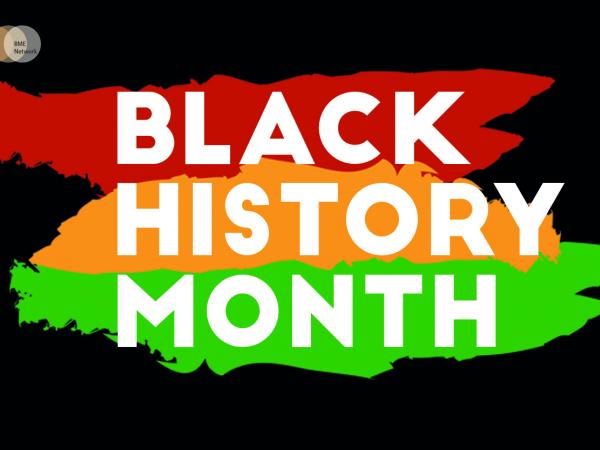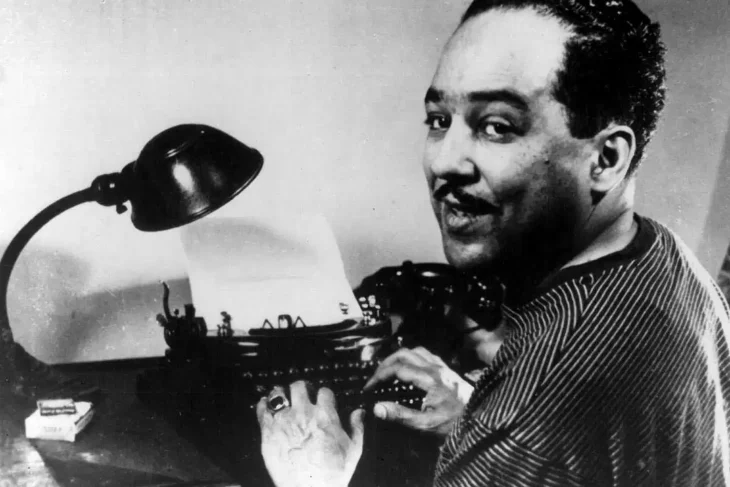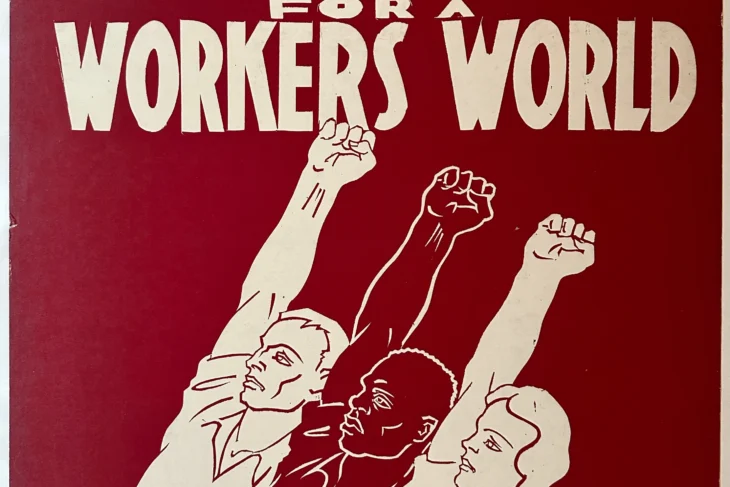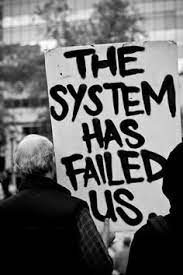
Critical Race Theory (CRT) came about through the study of racism, by legal scholars, as it has and continues to influence the formation of American jurisprudence and its attendant legal institutions in the governance of American society.
As has been stated so many times since this field of legal study became the target of attacks towards the fostering of fear and division by political demagogues — it is part of the curriculum used to expose the issues of systemic racism in the administration of justice to prospective attorneys in law school. One of its greatest nemeses, although he cannot be credited with being the public figure who originally used it to stoke the fires of social unrest and confusion as a means towards political opportunism, is the current governor of the state of Florida.
Assuming that CRT is a field of study based upon historical and sociological myths, his behaviour has helped to make all that it asserts worthy of meaningful research and debate. Assuming that the concerns raised in this field of legal scholarship were, hitherto, completely erroneous, the passage of laws towards the curtailing of what is and is not taught in our education system, under his guidance, have now come to serve as touchstones of precisely what CRT cites as a problem of great concern. In a pluralistic, multi-cultural, multi-ethnic, multi-racial and multi-religious society, exacerbated or enriched by social class and economic status, depending on how one chooses to view the kaleidoscope of American culture, he has sought to enshrine into Florida law a white, euro-centric, quasi-Judeo-Christian moral ethic over all who do not share his views and those of the far right in the Evangelical community.
The governor, in attempting to use or misuse the force of law to effectively silence all who do not share his opinion has, instead, made himself a lightning rod of opposition in the so-called U.S. culture wars. He has stirred up a hornet’s nest of people who he has, so pejoratively, described as “woke”. The fact that his W.O.K.E. Act has been challenged in the courts illustrates this point.
If there were members of the body politic who were apathetic to the culture wars, people who fall into various categories labelled as minorities, especially people of colour, having been, hitherto, caught up in other issues which they found to be far more pressing, the governor, through the bombast of political theatre, has likely stirred them into action. By causing the spotlight of public opinion to shine upon them, placing a bullseye on their backs for the unwelcome attention of white racist extremists, he might have awakened a monster, more formidable than he ever imagined, which will threaten any plans he might have for successfully winning the race towards the White House in 2024.
The founders of CRT, from what this writer gleaned from their writings, were realistic about the dynamics of race and of racism. They recognized that the U.S. Constitution, with its attendant Bill of Rights, cannot and will never change the hearts of people who have chosen to hold on doggedly to certain points of view. They accepted that the sacred document allows individuals of different stripes and from various quarters of American society, whether those on centre stage or from the outer fringes, to speak their minds even if others find what they have to say as inexplicably alien or repugnantly offensive.
This comprises the cornerstone of American democratic idealism. But when such views compose a bully pulpit, when they, without due care and open-minded dialogue, are translated into a unilateral jurisprudential force, with many who were not allowed to be part of the process becoming adversely affected by it, then they become matters of grave concern. The governor and his administration are but the latest incarnations of some of the threats posed to American citizens that the document speaks of and that it seeks to protect them from.
The teaching on the U.S. Constitution in its original form and also with its various amendments, if the governor is to have his way as to what should and should not be taught about race and racism in our school system, would also have to be put on the chopping block of his censorship, which is unconstitutional. That document by itself, provides a solid historical basis for the concerns of the CRT scholars, for all that they assert and for all for which they contend. The document is not “colour blind”, as some falsely assert, as associate Supreme Court Justice Ketanji Brown Jackson pointed out so astutely.
The 13th, 14th and 15th amendments constitute an unambiguous admission that this country has long had a problem of white racism and that a check needs to be put upon the political power structure so that it no longer poses an existential threat to millions whose ancestors, prior to such changes, could not avail themselves of its protections. In fact, it had formerly been their enemy and oppressor.
Laws cannot be understood in the abstract, nor can they be judiciously interpreted nor administered efficaciously and benignly with every citizen in mind outside of their historical contexts. People need to be able to draw a distinction between the malignant power of racist words and actions flowing from the tributary of opinions of a lone individual in the street, and that of the power in those who are vested with the affairs of state which cascades unto the socio-political landscape in torrents from opinions that were codified into law.
The governor, in his various antagonistic pronouncements, and by his actions with respect to outlawing CRT and the teaching of Afro-American history in our schools, through the systemic abuse of law, might be very much like the High Priest Caiaphas, recorded in the Gospel of John. Out of a selfish heart, that chief religious leader of the mighty Sanhedrin, speaking against Jesus and of the need for His demise, did not envision that he was actually speaking, prophetically, against himself and, indeed, also for the furtherance of the work of God through the very person who he sought to destroy.
Thank you, Mister Governor, for keeping the discussions on CRT and on Afro-American history alive in the sphere of public opinion. Thank you so very much.



